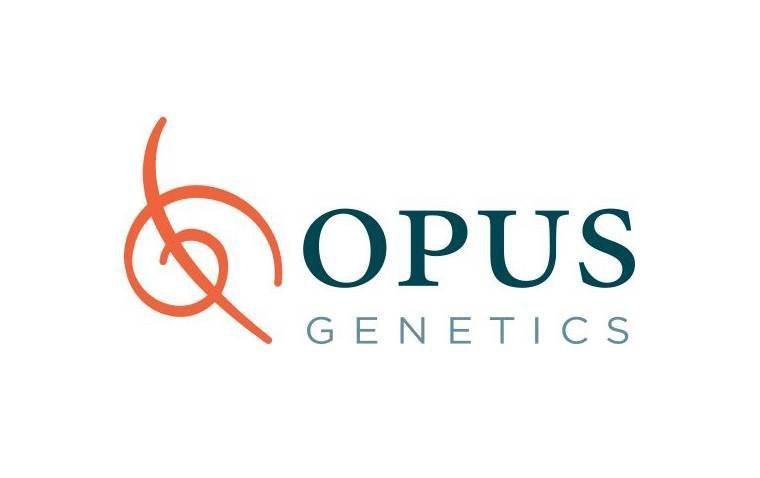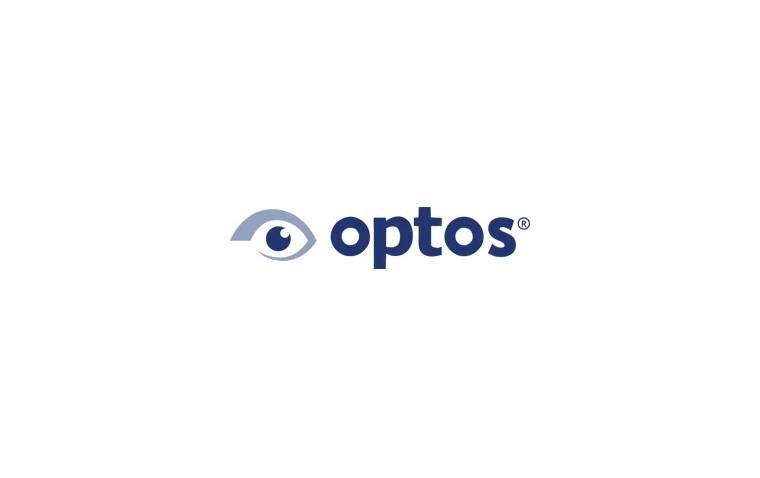
Opus Genetics Reports 1-Month Pediatric Results for OPGx-LCA5 Gene Therapy in Inherited Retinal Disease
Opus Genetics has reported new 1-month clinical data from the first pediatric patients treated with its investigational gene therapy candidate, OPGx-LCA5, for Leber congenital amaurosis (LCA5)-related inherited retinal disease (IRD). This rare, early-onset retinal condition currently has no approved treatments and is associated with severe vision loss from a young age.
Early Signs of Efficacy in Pediatric Cohort
These initial pediatric findings build on previously reported 6- and 12-month results in adult participants, which demonstrated durable improvements in visual function. The first pediatric patient, a 16-year-old, received a single subretinal injection of OPGx-LCA5. Within just one month, the patient reported brighter vision and showed new levels of independence in reading and mobility—indicating a clinically meaningful improvement in visual function. Importantly, no drug-related adverse events were observed.
A second pediatric patient has recently been treated, and full enrollment of the pediatric cohort is expected to be completed by the second quarter of 2025. Initial data from all three pediatric participants are anticipated by the third quarter of 2025.
Advancing Pediatric Gene Therapy for Inherited Retinal Disease
Opus Genetics emphasized the potential of gene therapy to restore vision before irreversible retinal damage occurs, particularly when applied in pediatric patients. The early data signals not only the therapeutic potential of OPGx-LCA5 but also the value of intervening during the early stages of retinal degeneration.
Study investigator Dr. Tomas Aleman of the Scheie Eye Institute noted that the observed visual improvements are consistent with earlier adult data. He described how the treated patient was able to distinguish letters and navigate with a new level of independence just one-month post-treatment, reinforcing the importance of early intervention in gene therapy trials.
Building Toward a Registrational Trial
The company recently conducted a Type D meeting with the U.S. Food and Drug Administration (FDA) to discuss the regulatory pathway for OPGx-LCA5. During this meeting, Opus proposed the design of a single-arm, adaptive pivotal trial that could enroll as few as 19 patients. The proposed primary endpoint for this study is the multi-luminance orientation and mobility test (MLoMT), a virtual-reality-based functional vision test that has previously supported FDA approvals in similar therapeutic contexts.
The FDA provided constructive feedback on Opus’s proposed statistical analysis plan and its approach to chemistry, manufacturing, and controls (CMC). While the agency requested additional data on certain components, Opus stated that it will submit further materials and continue ongoing dialogue with the FDA. The company anticipates that the pivotal trial could begin in the first quarter of 2026, pending regulatory alignment.
Upcoming Scientific Presentation
Looking ahead, Opus Genetics will present the 1-year data from its ongoing study at the Association for Research in Vision and Ophthalmology (ARVO) Annual Meeting on May 4, 2025. These long-term results are expected to provide further insight into the efficacy, safety, and durability of OPGx-LCA5 across both pediatric and adult populations.
“Early intervention may be particularly beneficial in pediatric patients, given the progressive nature of this disease,” said George Magrath, MD, CEO of Opus Genetics. “We believe these findings provide further evidence supporting the potential of OPGx-LCA5 to restore meaningful vision in patients affected by LCA5.”
(1).jpg)










